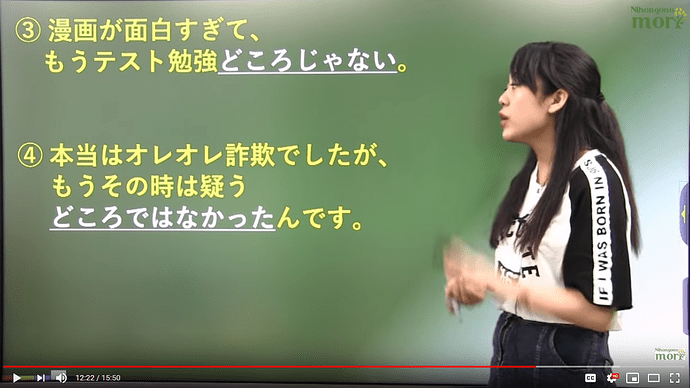Due to Japanese being post-positional (rather than pre-positional), I believe けど here should be attached to the answer, not to 私.
Also, 確か, both が and けれども (plus its variants, けれど and けど) can’t be used to start sentences without at least だ (a copula) standing in front, which is used to represent the previous sentence.
Based on this, I think this review sentence should either be:
昨年の優勝者と戦ってもどうせ勝てっこないけど…
or
昨年の優勝者と戦ってもどうせ勝てっこない。だけど、










 ), but I intended ●●● here to indicate pause caused by heavy breathing from the effort, which separated one sentence in two parts. Like in all those action movies.
), but I intended ●●● here to indicate pause caused by heavy breathing from the effort, which separated one sentence in two parts. Like in all those action movies.



